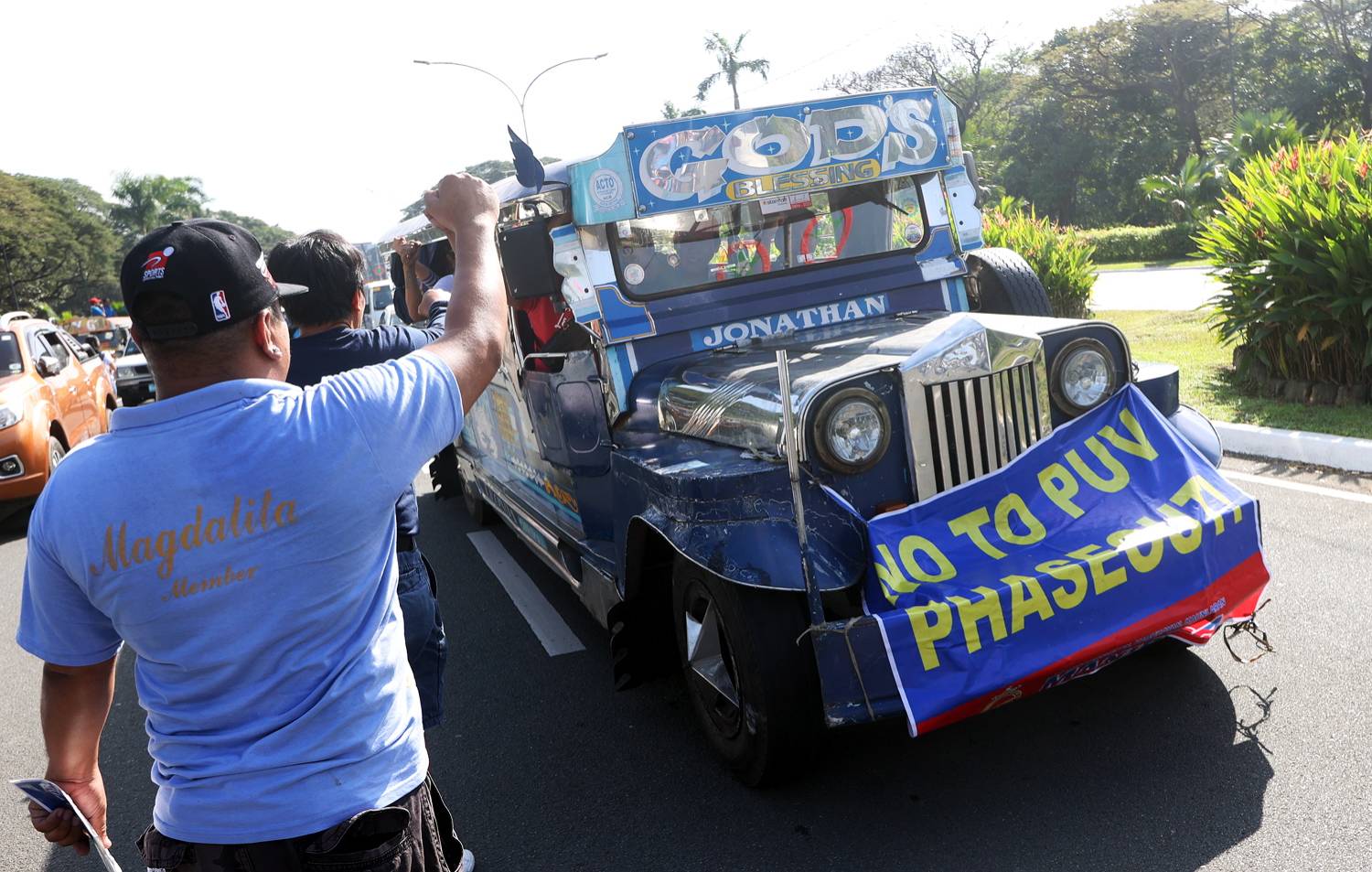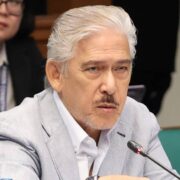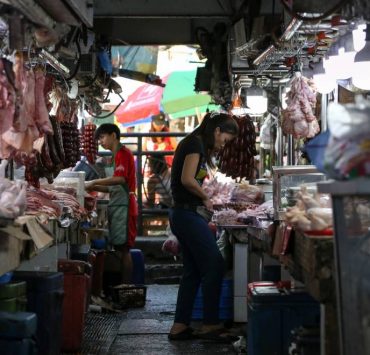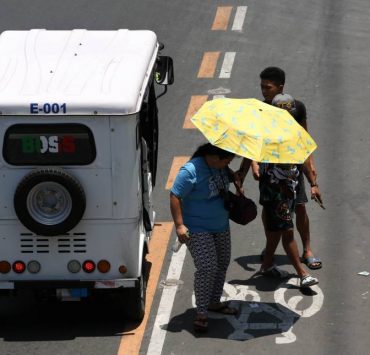Transport, labor groups begin 3-day strike

Ahead of the final April 30 deadline for franchise consolidation, transport and labor groups are gearing up for a three-day nationwide strike starting on Monday, April 29, to protest yet again the government’s public utility vehicle modernization program (PUVMP), which is feared to take thousands of traditional jeepneys off the roads.
An even bigger protest is expected on May 1, Labor Day, with more than 100,000 people expected to participate in Metro Manila alone, according to Piston deputy secretary general Ruben Baylon.
Manibela president Mar Valbuena said they would be joining the strike as labor groups Kilusang Mayo Uno (KMU) and All Workers Union also pledged to mobilize their members for the protests.
“Jeepney drivers and operators stand to lose their livelihoods with the consolidation deadline that the [Department of Transportation] and [Land Transportation Franchising and Regulatory Board] will implement. We will protect our source of livelihood and we will ask for what is due to us,” Baylon said in a press briefing on Saturday, explaining the reason for the latest transport strike against the PUVMP.
He said their goal would be to paralyze public transportation in key areas in the National Capital Region, including jeepney routes traversing Alabang, Baclaran and Sucat in the southern metro; Taft Avenue and Monumento in Manila; and Novaliches, Litex, Anonas, Projects 2 and 3, Katipunan and Philcoa in Quezon City.
Authorities had always downplayed the effects of previous transport strikes launched by Manibela and Piston, saying that only a few routes were affected.
KMU secretary general Jerome Adonis said the labor sector would stand with jeepney operators and drivers in their fight against the government’s efforts to force PUV drivers and operators to consolidate their franchises under the PUVMP.
“This consolidation will just lead to drivers and operators of traditional jeepneys [being] added to the millions of Filipino families who [are] unemployed. The government did not present a clear program for them to get new jobs, so in short, more families will just drown in hunger and poverty,” Adonis said.
“Besides, it is the traditional jeepneys which offer the most affordable mode of transportation to us workers, students and people who are looking for jobs. So who will really benefit from this?” he added.
‘Blatant lie’
Adonis also belied the assurances made by transport officials that jeepney fares would not increase under the PUVMP.
“That’s a blatant lie. They need to raise the fares so that they can afford these modernized jeepneys which cost more than P2 million a unit. It’s just tragic that this increase in fare increase would not benefit the drivers, but the manufacturers of these modernized jeepneys, most of which are owned by foreigners,” he said.
Former Bayan Muna party list Rep. Ferdinand Gaite called on lawmakers to find a way to stop the implementation of the April 30 consolidation deadline when Congress reconvenes on April 29.
“No less than Speaker Martin Romualdez had said that we have to look carefully at the impact of this phaseout and corporate takeover,” said Gaite, who is also representing labor group All Workers Union.
Ahead of May 1, labor groups said they would also call on the Marcos administration to act on the proposed legislated wage increase of P150 pending in Congress.
Labor coalition Nagkaisa has also urged the President to meet with labor leaders soon, pointing to a lack of initiative on his part to dialogue with them two years into his presidency.
SC petition
Piston and other transport stakeholders petitioned the Supreme Court in December last year to void all government orders requiring franchise consolidation under the PUVMP.
But should the court fail to grant their petition, Piston and Manibela said they would still continue to ply their routes regardless of the consequences.
The two transport groups earlier warned of a transport crisis should the government not extend once again or fully scrap the consolidation deadline.
But transport officials rejected the idea, saying they did not see any indication of such a crisis occurring even in Metro Manila.

















